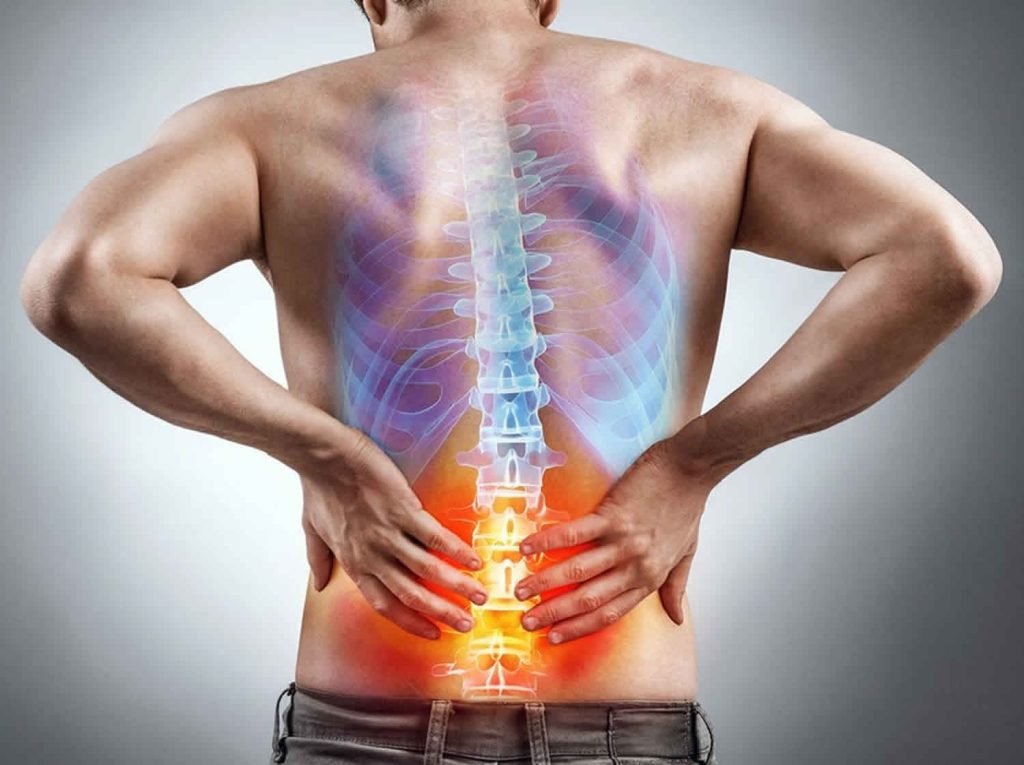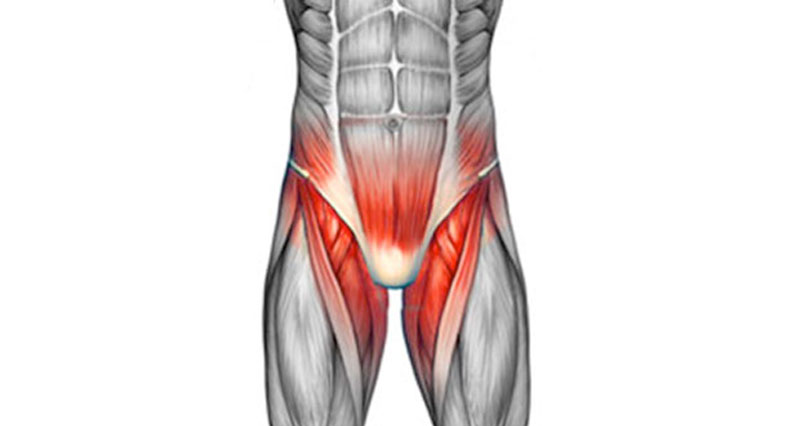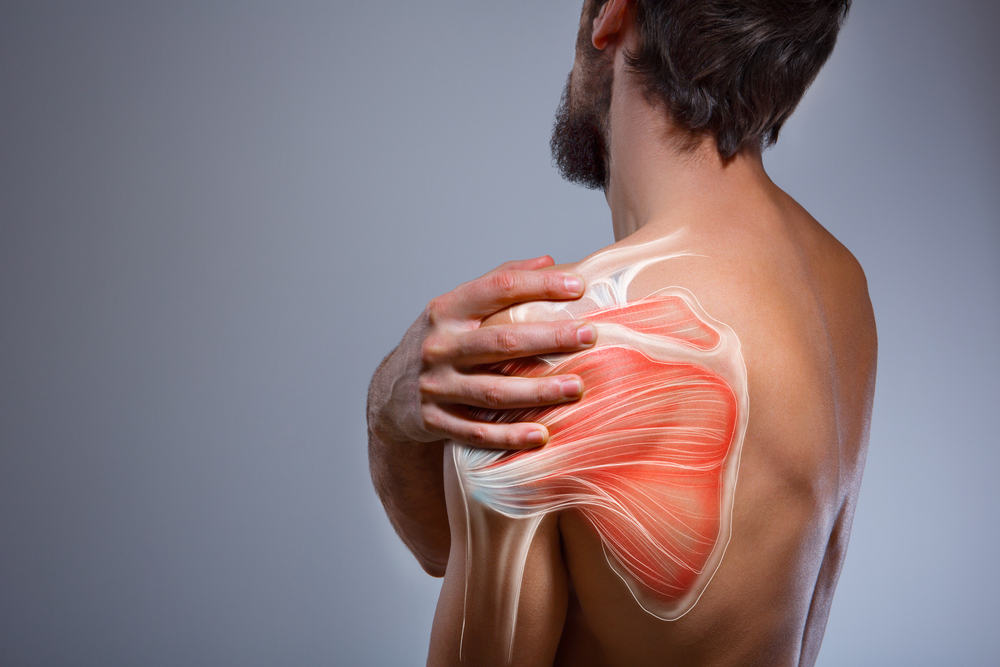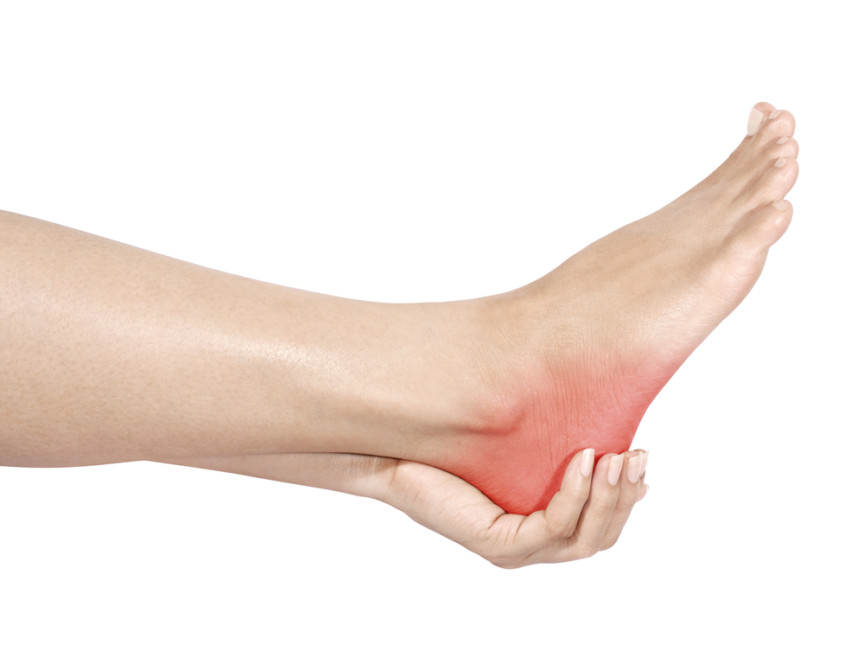Certainly, let’s explore some knee pain conditions that Smile Again Physiotherapy Clinic may address:
1. Osteoarthritis:
- Description: Osteoarthritis is a degenerative joint condition that commonly affects the knee. It involves the breakdown of cartilage, leading to pain, stiffness, and reduced mobility.
- Physiotherapy Approach: Smile Again may offer exercises to improve joint flexibility, strength training for surrounding muscles, and strategies for managing pain and inflammation.

2. Patellofemoral Pain Syndrome (PFPS):
- Description: PFPS, also known as runner’s knee, involves pain around or behind the kneecap. It often results from overuse, muscle imbalances, or issues with the alignment of the patella.
- Physiotherapy Approach: The clinic may focus on strengthening exercises for the quadriceps, hip muscles, and addressing biomechanical issues through gait analysis and correction.
3. Ligament Injuries (ACL, PCL, MCL, LCL):
- Description: Injuries to knee ligaments, such as the anterior cruciate ligament (ACL), posterior cruciate ligament (PCL), medial collateral ligament (MCL), or lateral collateral ligament (LCL), can cause instability and pain.
- Physiotherapy Approach: Smile Again may provide tailored rehabilitation programs to improve stability, strength, and flexibility after ligament injuries, considering both pre and post-surgical cases.
4. Meniscal Tears:
- Description: Meniscal tears are common injuries that involve damage to the cartilage in the knee. They can cause pain, swelling, and difficulty with knee movement.
- Physiotherapy Approach: Rehabilitation may include exercises to strengthen the muscles around the knee, improve joint stability, and enhance flexibility.
5. Patellar Tendinitis:
- Description: Also known as jumper’s knee, patellar tendinitis is an inflammation of the tendon connecting the kneecap to the shinbone. It often results from overuse or repetitive strain.
- Physiotherapy Approach: Smile Again may employ exercises to strengthen the quadriceps and hamstrings, along with techniques to reduce inflammation and promote tendon healing.
6. Bursitis:
- Description: Knee bursitis involves inflammation of the bursae, fluid-filled sacs that cushion the knee joint. It can cause pain, swelling, and restricted movement.
- Physiotherapy Approach: Treatment may include exercises to improve joint flexibility, modalities to reduce inflammation, and education on proper posture and movements.
7. Iliotibial Band Syndrome (ITBS):
- Description: ITBS is a common cause of lateral knee pain, often seen in runners. It involves inflammation of the iliotibial band, a thick band of tissue that runs along the outside of the thigh.
- Physiotherapy Approach: Smile Again may provide stretches and exercises to address muscle imbalances, along with techniques to reduce inflammation and promote healing.
8. Rheumatoid Arthritis:
- Description: Rheumatoid arthritis is an autoimmune condition that can affect multiple joints, including the knee. It leads to joint inflammation, pain, and swelling.
- Physiotherapy Approach: Smile Again may focus on gentle exercises to maintain joint function, reduce stiffness, and improve overall mobility.
9. Post-Surgical Rehabilitation:
- Description: Smile Again Physiotherapy Clinic may also specialize in post-surgical rehabilitation for various knee procedures, providing tailored programs to facilitate recovery and restore function.
10. Comprehensive Assessments:
- Description: Smile Again may conduct thorough assessments to identify the root cause of knee pain, considering factors like biomechanics, muscle imbalances, and lifestyle.
Note: The specific approach will depend on the individual patient’s diagnosis, symptoms, and overall health. Smile Again Physiotherapy Clinic aims to provide personalized and comprehensive care to help individuals regain mobility, alleviate pain, and enhance their overall quality of life.




What’s up everyone, it’s my first pay a visit at this
website, and paragraph is actually fruitful designed for me, keep up posting
such articles. https://Zeleniymis.Com.ua/